Australian politicians have recently started pandering to their Chinese constituents by embracing one of the largest social media platforms in the world: WeChat.
However, this political cajoling has not been without its dangers.
So what is WeChat?
WeChat is a Chinese multi-purpose social media application that was launched back in 2011. It was founded by Tencent – a Chinese company – and has been heavily subsidised by the Chinese Communist Party (CCP) since its founding.
Since its inception, WeChat has gained over 1 billion users worldwide (Including 2.5 million Australians) and ‘captures 30 percent of [all] China’s mobile app usage.’
 Compounding this, consider the fact that in 2018, over 650,000 Australian residents were born in China.
Compounding this, consider the fact that in 2018, over 650,000 Australian residents were born in China.
It’s clear — in the Australian context, WeChat is playing an increasingly prominent role in politics.
According to the South China Morning Post:
More than half the country’s Mandarin speakers get their election information from WeChat, which has become the focus of campaign controversy in recent weeks.
This year, both Bill Shorten and Scott Morrison tapped into this gold-mine of potential voters by using WeChat as an election tool to win the votes of Mandarin speakers.
So what’s the big deal with Australian politicians using WeChat?
Well, as Liang Chen from Oxford University highlights:
WeChat … is important as a powerful weapon of the [Chinese] government’s fight on the main battlefield of ideology.
WeChat is an extremely dangerous platform for Australian politicians to be using, and there are two main reasons for this:
- Messages and information shared on WeChat are not end-to-end encryted. This means that WeChat can alter, remove, and add information to messages without the consent of users.
- All rights of data and information shared via WeChat is waived and handed to WeChat.
Just think about the innumerable implications this could have for the manipulation and proliferation of false information, and the acquisition of confidential information.
As cybersecurity analyst Tom Uren said:
It’s not just censorship – sometimes [the CCP] promote[s] particular issues so it’s a way of controlling public debate.
This is exactly what happened back in 2014 when Hong Kong’s pro-democracy protests were censored by WeChat.
Moreover, WeChat’s T&C’s outline that for those who are considered part of the ‘People’s Republic of China,’ it is illegal to use WeChat for any political purposes that are not explicitly aligned with the aims of the CCP.
Just read this excerpt from WeChat’s ‘Terms and Conditions’:
 The truth is, WeChat is a powerful weapon wielded by the CCP.
The truth is, WeChat is a powerful weapon wielded by the CCP.
WeChat is one of the many instruments Beijing uses in its effort to subdue and conform public opinion to its despotic regime.
Freedom House explains:
The CCP’s Central Propaganda Department, government agencies, and private companies employ hundreds of thousands or even millions of people to monitor, censor, and manipulate online content. Material on a range of issues is systematically censored, with the most censored topics in 2017 involving breaking news related to health and safety, media censorship, official wrongdoing, foreign affairs, the reputation of the party or officials, or civil society activism.
We’re dealing with a nation that is literally rolling out a dystopian ‘Social Credit Rating System’ as we speak — a ‘1984-like’ program that rates its citizens based on their behaviour online, in public (using over 200 million CCTV cameras), and in private.
It’s clear — WeChat is not only one of Beijing’s primary instruments used to track and monitor its citizens…
WeChat has the potential to interfere with Australia’s domestic elections by filtering, manipulating, and erasing content that is inconsistent with China’s foreign policy.
In fact, as Fergus Ryan, an analyst with the Australian Strategic Policy Institute writes:
Because WeChat is one of the main conduits for Chinese-language news, censorship controls help Beijing to ensure that news sources using the app for distribution report only news that serves the CCP’s strategic objectives.
What was once only found in Orwellian fiction is now playing out before our very eyes.
And the greatest victims may be our most prominent politicians.
Got something to add? Join the discussion and comment below.
Got something to add? Join the discussion and comment below.
Get 10 issues for just $10
Subscribe to The Spectator Australia today for the next 10 magazine issues, plus full online access, for just $10.

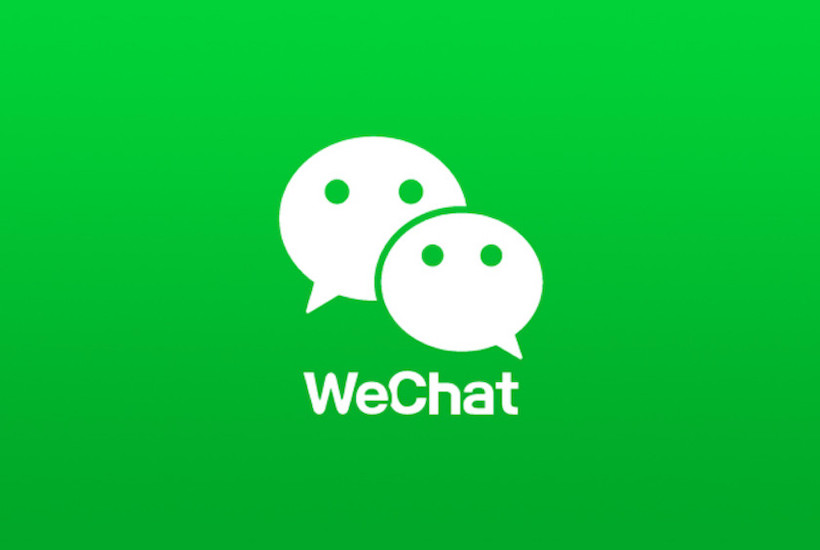


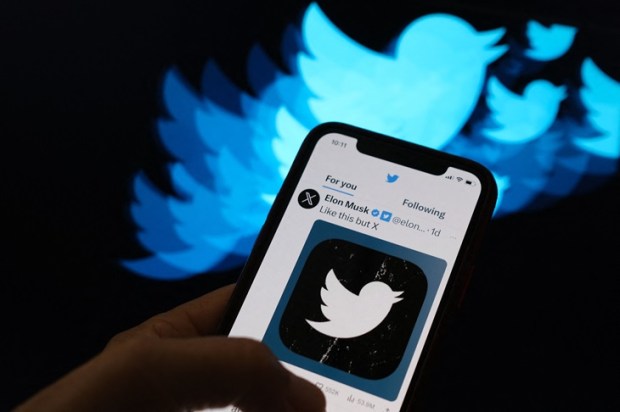


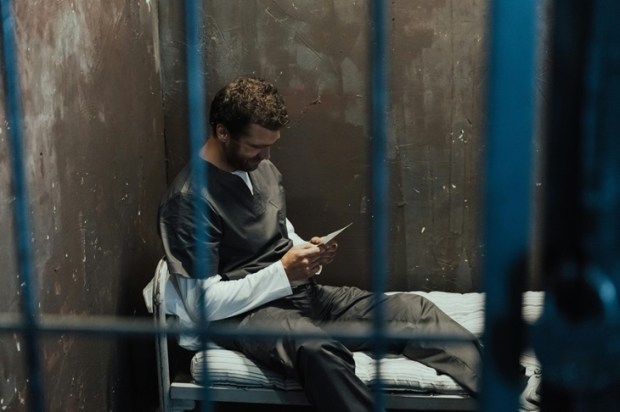






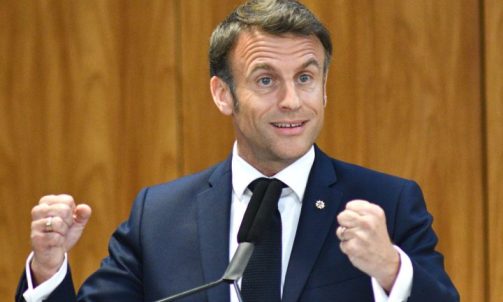
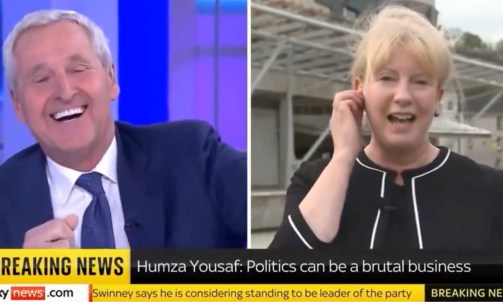









Comments
Don't miss out
Join the conversation with other Spectator Australia readers. Subscribe to leave a comment.
SUBSCRIBEAlready a subscriber? Log in